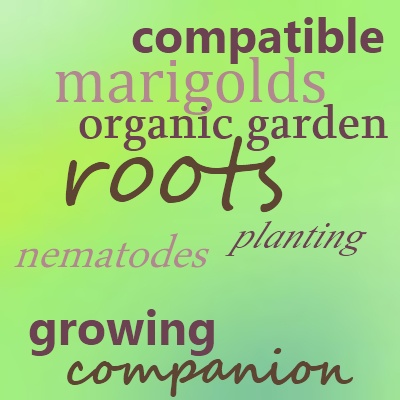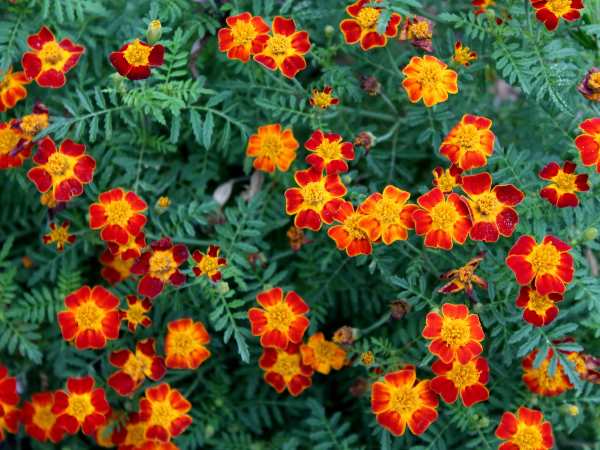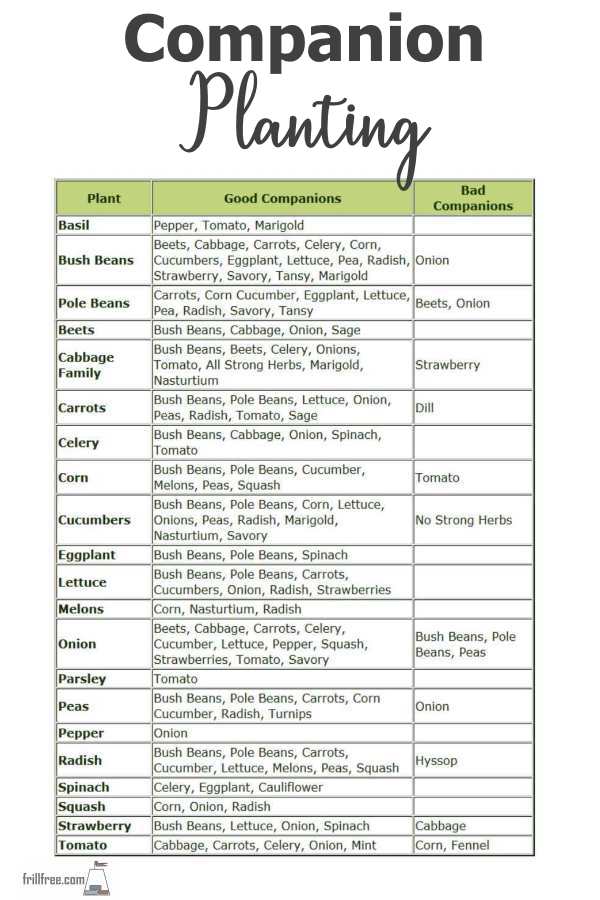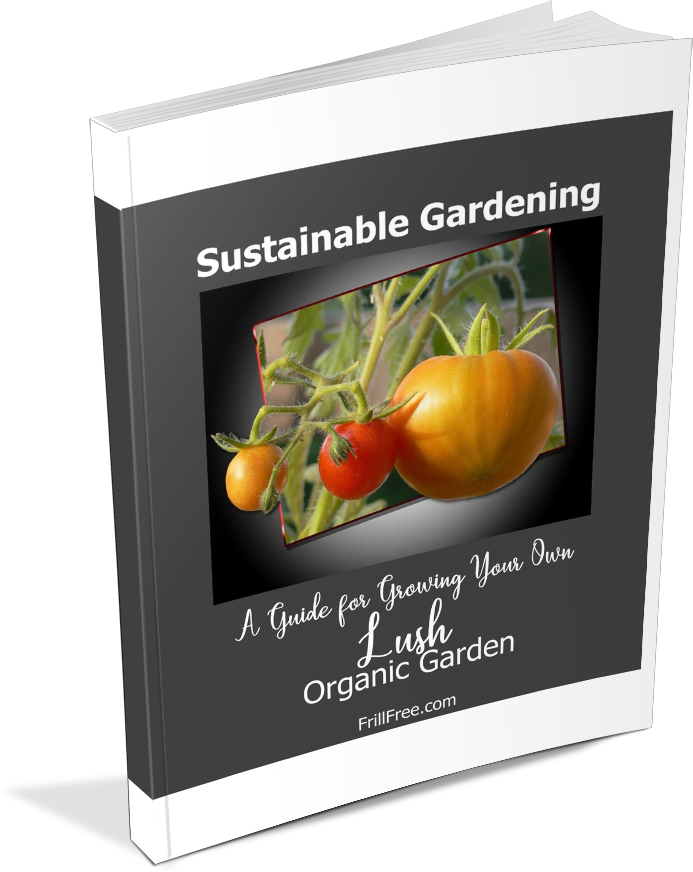- Homesteading
- Methods of Organic Farming
- Companion Planting
Companion Planting
Why do some plants associate with others to their mutual benefit?
It’s long been observed that planting certain crops close together can enhance the growth of each one, much more than any other factor.
What is this mysterious factor?
Companion planting involves a lot more than any one thing.
The combination of certain chemicals exuded by the roots of marigolds for instance has been very effective in eliminating certain types of nematodes that otherwise will damage the roots of plants.
Planting carrots alternating with onions or garlic has profited both crops.
It’s thought that the smell of the allium hides the scent of the carrot foliage, making it more difficult for insects to find them, effectively eliminating the carrot fly damage that can make pulling your crop so disheartening.

The carrot fly larvae burrow into the carrots, making them extremely unappetizing, and they can't be stored without turning to mush.
In exchange, the carrot performs the same service to the onions, preventing damage from the onion fly. This is definitely a win/win situation.
Over the years, it’s become apparent that there are some plants that gain by being planted close together, and some that obviously dislike each other intensely.
Pinning down the combinations of those plants that benefit from close association is an art, and a science.

Remember that successful companion planting will depend on several factors, some of which we don’t know enough about yet, but this chart will help you make a decision on which plants to associate with others and also which to avoid planting close by.
Flowers have been used for centuries as companion plants. Marigolds, with their strong smell, disguise the smell of a pests host plant. They are among the best flowers for a vegetable garden. In addition, they attract predator insects and pollinators to the garden.
| Plant | Good Companions | Bad
Companions |
| Basil | Pepper, Tomato, Marigold | |
| Bush Beans | Beets, Cabbage, Carrots, Celery, Corn, Cucumbers, Eggplant, Lettuce, Pea, Radish, Strawberry, Savory, Tansy, Marigold | Onion |
| Pole Beans | Carrots, Corn Cucumber, Eggplant, Lettuce, Pea, Radish, Savory, Tansy | Beets, Onion |
| Beets | Bush Beans, Cabbage, Onion, Sage | |
| Cabbage Family | Bush Beans, Beets, Celery, Onions, Tomato, All Strong Herbs, Marigold, Nasturtium | Strawberry |
| Carrots | Bush Beans, Pole Beans, Lettuce, Onion, Peas, Radish, Tomato, Sage | Dill |
| Celery | Bush Beans, Cabbage, Onion, Spinach, Tomato | |
| Corn | Bush Beans, Pole Beans, Cucumber, Melons, Peas, Squash | Tomato |
| Cucumbers | Bush Beans, Pole Beans, Corn, Lettuce, Onions, Peas, Radish, Marigold, Nasturtium, Savory | No Strong Herbs |
| Eggplant | Bush Beans, Pole Beans, Spinach | |
| Lettuce | Bush Beans, Pole Beans, Carrots, Cucumbers, Onion, Radish, Strawberries | |
| Melons | Corn, Nasturtium, Radish | |
| Onion | Beets, Cabbage, Carrots, Celery, Cucumber, Lettuce, Pepper, Squash, Strawberries, Tomato, Savory | Bush Beans, Pole Beans, Peas |
| Parsley | Tomato | |
| Peas | Bush Beans, Pole Beans, Carrots, Corn Cucumber, Radish, Turnips | Onion |
| Pepper | Onion | |
| Radish | Bush Beans, Pole Beans, Carrots, Cucumber, Lettuce, Melons, Peas, Squash | Hyssop |
| Spinach | Celery, Eggplant, Cauliflower | |
| Squash | Corn, Onion, Radish | |
| Strawberry | Bush Beans, Lettuce, Onion, Spinach | Cabbage |
| Tomato | Cabbage, Carrots, Celery, Onion, Mint | Corn, Fennel |













